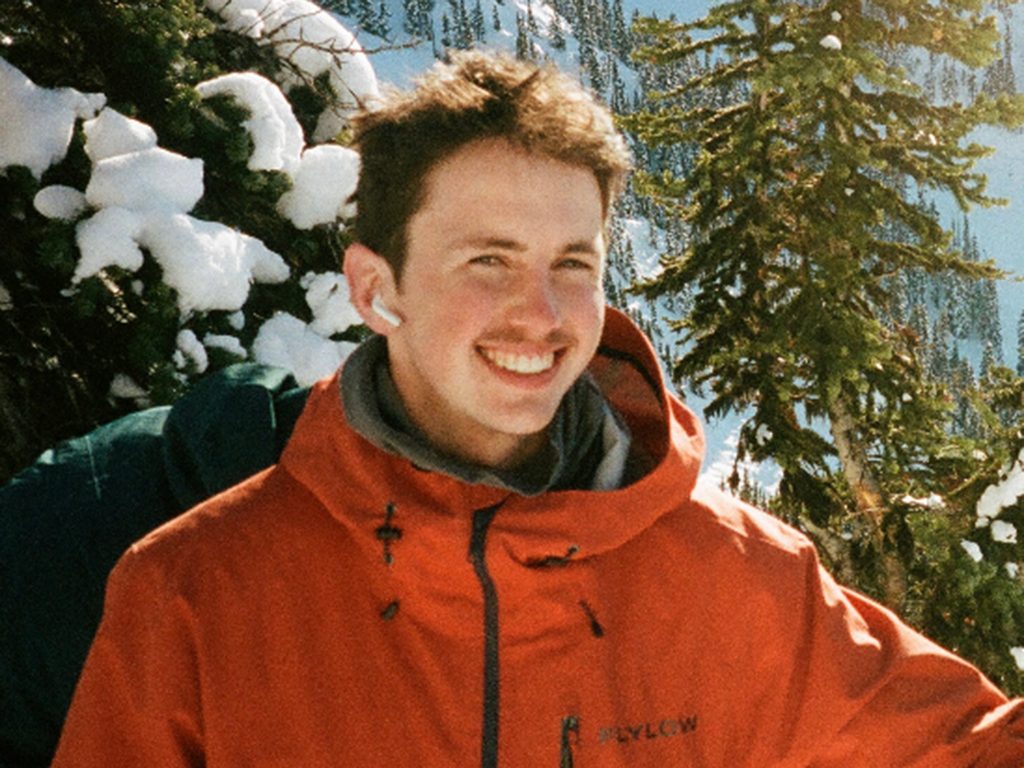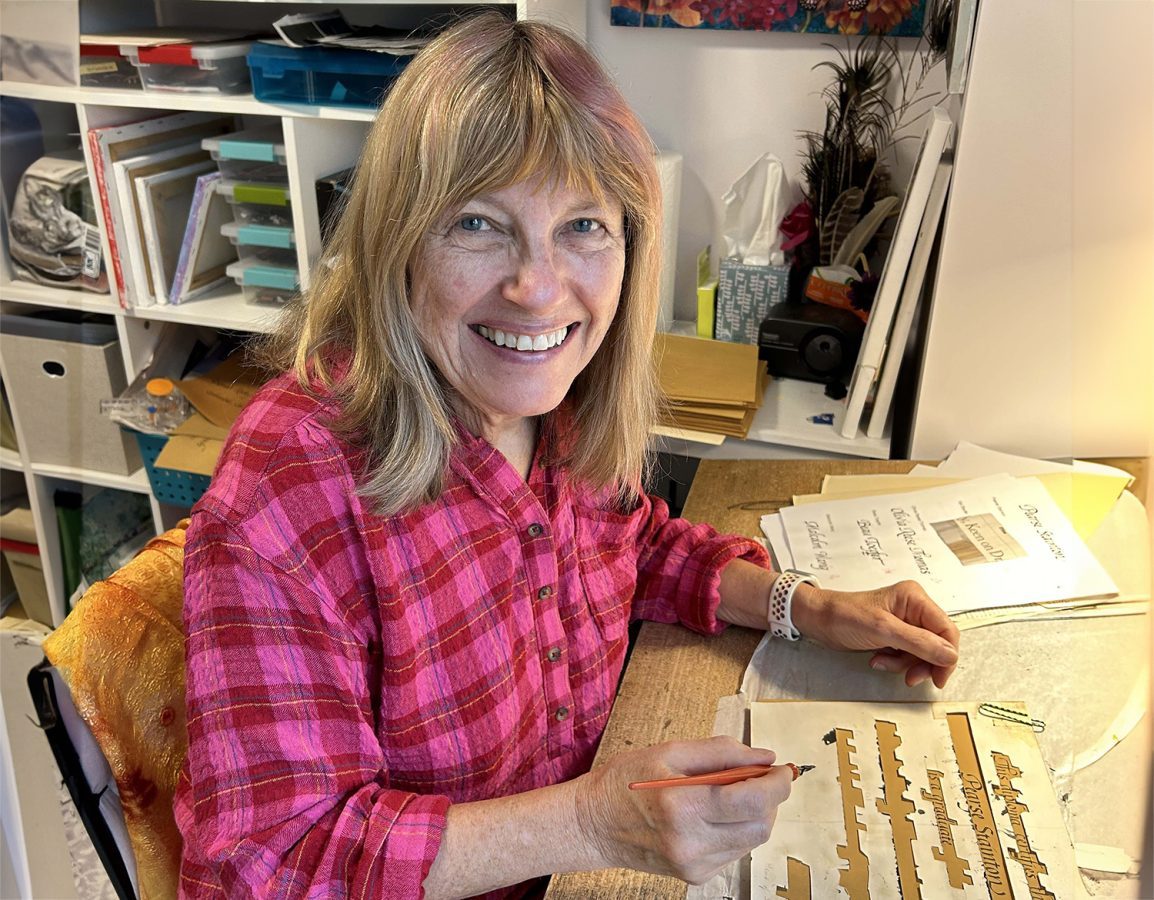Helen J. Muller ’62, professor, community organizer, author
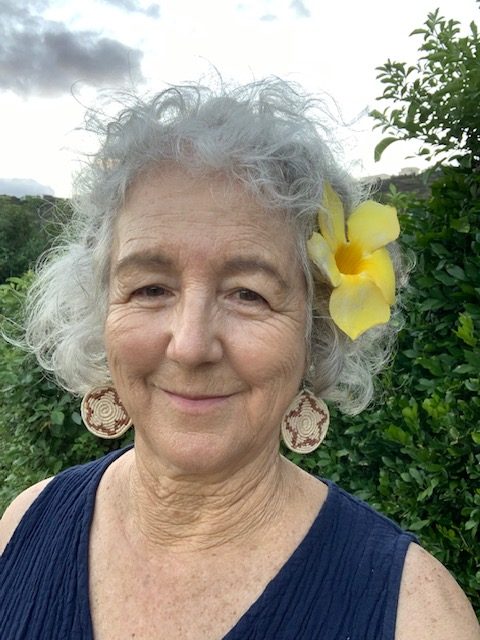 Hometown: Bloomington, Indiana
Hometown: Bloomington, Indiana
Currently Residing in: Albuquerque, New Mexico
Education: BA in Cultural Anthropology, University of Wisconsin Madison; Masters in Public Health, University of Hawaii – Honolulu; Ph.D. in Organizational Theory, University of Southern California
Occupation: Worked with a non-profit doing community organizing around public health, professor of organizational management at the University of New Mexico for 25 years, and currently working on a memoir
What’s the most rewarding part of your work, writing a memoir of your parents Nobel Laureate Hermann Muller and Thea Kantorowicz, a German Jewish refugee? Meeting people that I never knew I would meet. Traveling to places, I never thought I’d travel to (like Russia). Being able to articulate the extraordinary lives that my parents lived under very difficult socio-political circumstances and illnesses. Recognizing that my dad’s warnings about the deleterious effects of radiation hold true even today.
How did CRMS play a role in your professional, personal, or community life? Experiential learning was something big that I took away and applied to my outlook on life, teaching and research. I was heavily involved in sports at CRMS (soccer and skiing) and the outdoors. CRMS introduced me to the Southwest and Native American culture. That’s one of the reasons I chose to work in New Mexico because there’s such a large concentration of Native Americans here. I partnered with Native students to pioneer a course on American Indian business and management. We did it experientially and wrote case studies from our interviews with Native American businesses. That experiential learning came from CRMS.
How has your experience at CRMS influenced what you are doing now? The Holden’s educational philosophy was similar to my parents’ in that they wanted to cultivate and educate the whole person and utilize the outdoors to achieve that. When I was a professor, my classes were experientially oriented. We did field studies of organization. Students analyze the dynamics of the organizations they worked in. I was in a male-dominated college, and I pioneered gender and cultural issues in organizations and management. For me, learning by doing has been a lifelong pursuit.
What advice would you give current CRMS students? You may not understand what this experience you’re having is all about, but keep at it, and it will sink deeply into your psyche and your way of being and will greatly influence your way of thinking about how you are in this world and how you can impact others in your life. The education you are getting is not just about learning from books but a much broader notion that will positively change your life.
What’s been a highlight since graduating? My daughter, Mala Nani Htun ‘87. My greatest accomplishment is giving birth to a baby who has developed and matured in a wonderful way. She’s made a real contribution to society. And now I have three wonderful grandchildren. A second highlight is understanding the incredible journeys and paths that my parents took in their lives: My mother as an early Nazi resister, and my dad as a scientist who applied his knowledge to international public policy.
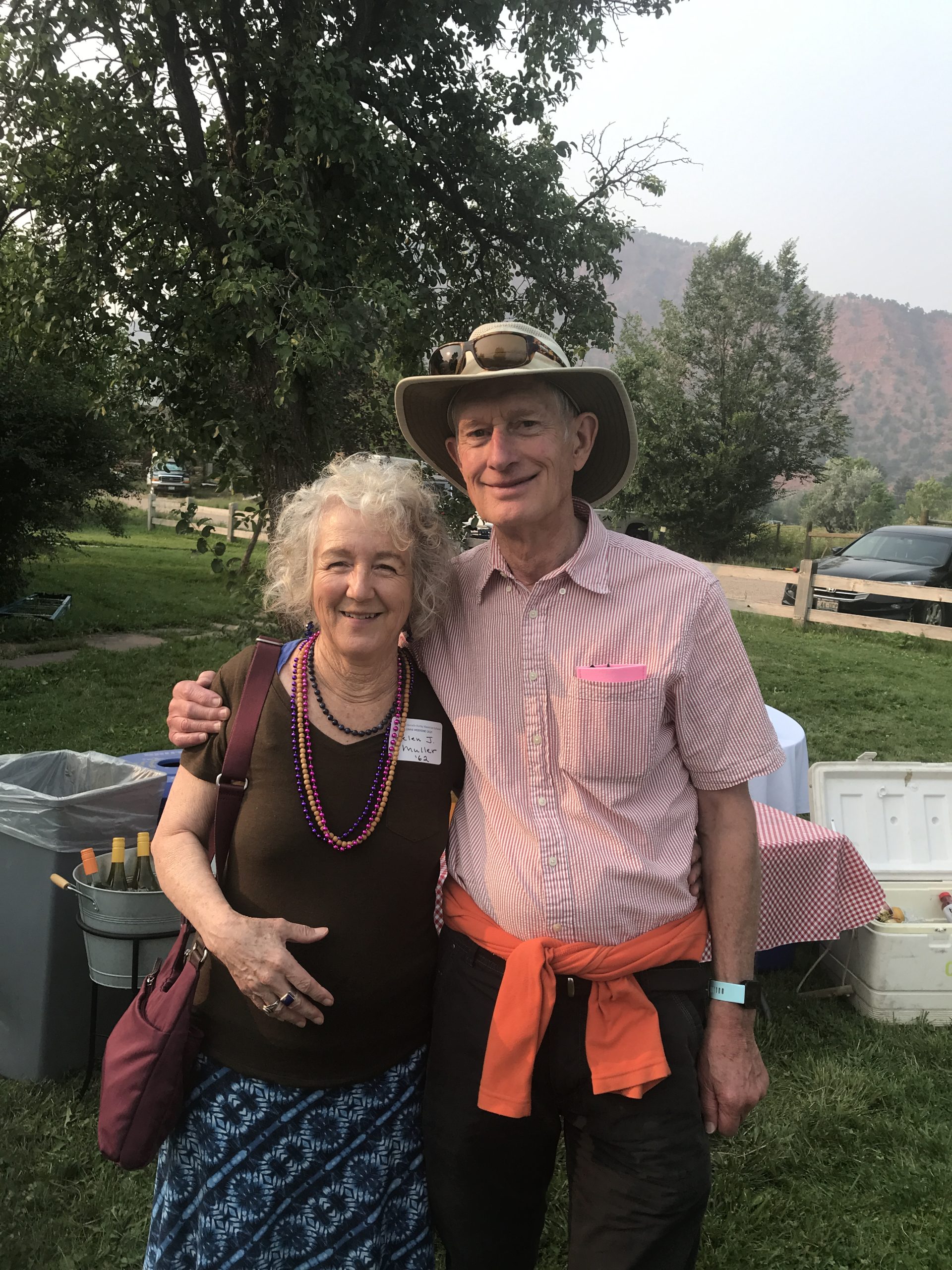
 MYCRMS
MYCRMS
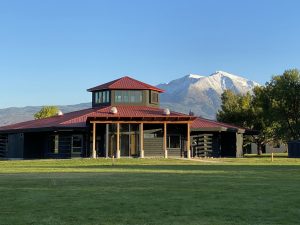
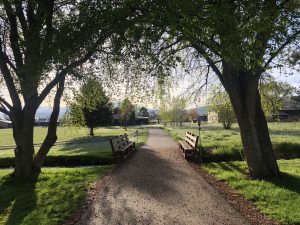
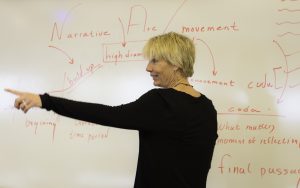
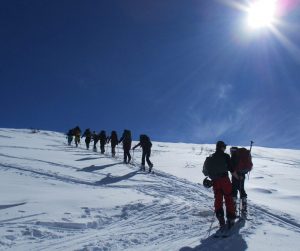
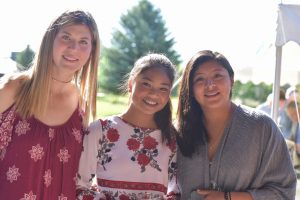
 Virtual Tour
Virtual Tour